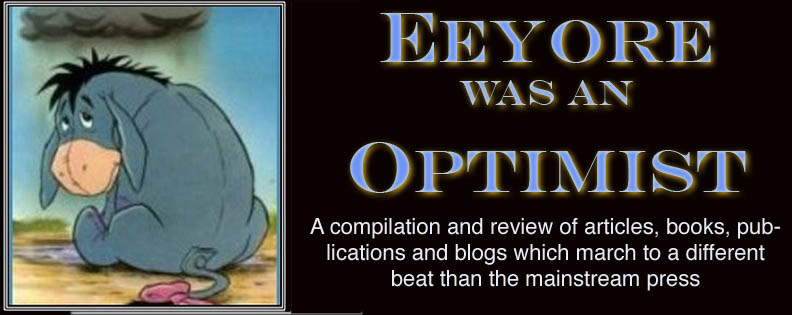Common Security Club
Sometimes social action requires a commitment within our own community, not just good works outside.
A couple of months ago I started some conversations with Rev Martha, at my UU church, about our mutual concern over impending economic and social crises, As part of this conversation, she mentioned that she was feeling that a number of people in the congregation were beginning to feel personal effects of theses big changes in their own lives. Maybe it isn’t the parishoners personally, but it could be something happening in the lives, of their children, or parents, or close friends. Things are falling apart fairly quickly now.
It will come as no surprise that I have, shall we say, a strong interest in current and future affairs, and have long expressed such concerns. So, I was most interested when, Martha sent to me a link to the Common Security Clubs,. It is a new non profit set up to broadcast and train people in organizing small , mutually supportive communities, or clubs.
There is however, a challenging twist to the ideas behind these clubs. They are being formed in response to what participants see as a rather scary future.
The founders of the idea (mostly from the Boston and San Francisco areas) believe we are entering a period of profound and wrenching change. They believe that the financial crisis will worsen in the coming year and our personal economic security and that of millions of our neighbors will further erode.
Moreover, the challenges facing our country are not part of a short-term economic recession, but part of a larger system failure in the economy.
Reading their stuff was like finding lost relatives. Like me, these people believe that some folks have been in a Depression for more than a year but it doesn’t make the news as much. We all believe that the initial effects of this Depression are being felt some places more heavily than others.
Unemployment and foreclosure has hit the African-American community twice as hard as the white community. When I was in Florida a few weeks ago, I was amazed at the sheer volume of Homes for Sale signs and the rows of closed restaurants. Then yesterday, it is announced that we have now hit the absolute lowest level of monthly new home sales since they started keeping records in the 60s.
Things are falling apart fast, but nobody likes to talk about it. Given the good times of the past 60 years, most of us have gotten out of practice participating in mutual aid and expanding our shared security locally. Common Security Clubs can be a means to strengthen these atrophied muscles.
We (using the "we" advisedly) believe that we need to prepare ourselves and our communities for immanent and fundamental changes while building a new economic model based on real wealth and economic activity, not phantom wealth and casino economics.
We are concerned that many people will face these challenges in isolation. Even those connected to extended families, religious congregations, unions and civic groups may be embarrassed or ashamed to reach out for assistance.
A Duke University study about social isolation found that in 2004, 25 percent of U.S. citizens said they had no one to confide in about personal troubles. This is twice the number of people who, 20 years earlier, had no one to turn to for this crucial support.
First, I know this will come as a bit of surprise to us good social citizens, but most people don’t like to talk about their money, or their family’s money. Its an intimate subject, not fit for polite company. So, as people loose their grip on the American dream, you might imagine that they tend to feel isolated and fearful at sharing their loss of status.
So, a few weeks ago, I went to their first facilitator training session downtown. Helping people to get together to create positive collective energy in the face of the coming hard times seemed like a fine way to spend my time and energy.
These Clubs provide a way for people to talk about personal economic and social stresses and relate them to larger political, class and economic forces that don’t often get talked out. People tend to blame themselves for their personal challenges rather than question a whole financial system that was perfected to get them in debt. The next step is to explore ways to turn our shared experiences into positive mutual support and appropriate social actions.
For this moment, I think these Common Security Clubs ( or mutual support marching and chowder societies; or whatever you want to call it) are a way to bring people together to face the economic crisis. Not only do we need one another to survive economic hardship, but we also need to break out of the social isolation that might accompany it. We need to learn how to use our energies at a local level to make changes in our lives and our community's lives which will create models of exchange, support and possibility that has not been seen for a while.
I will keep you posted.

